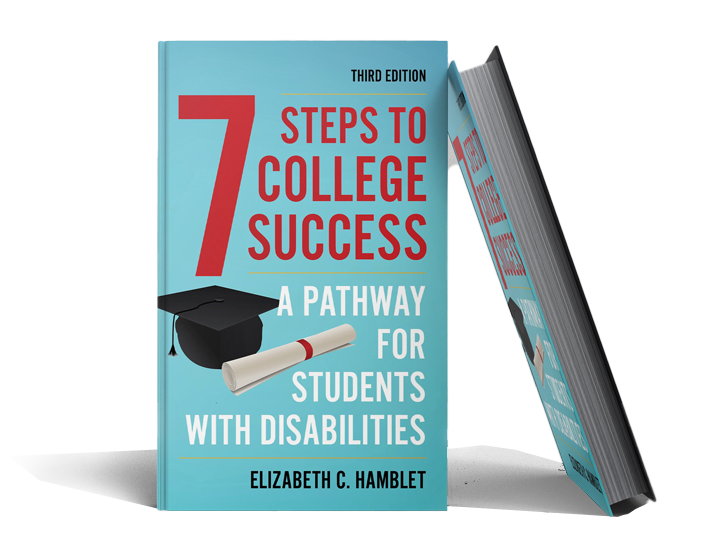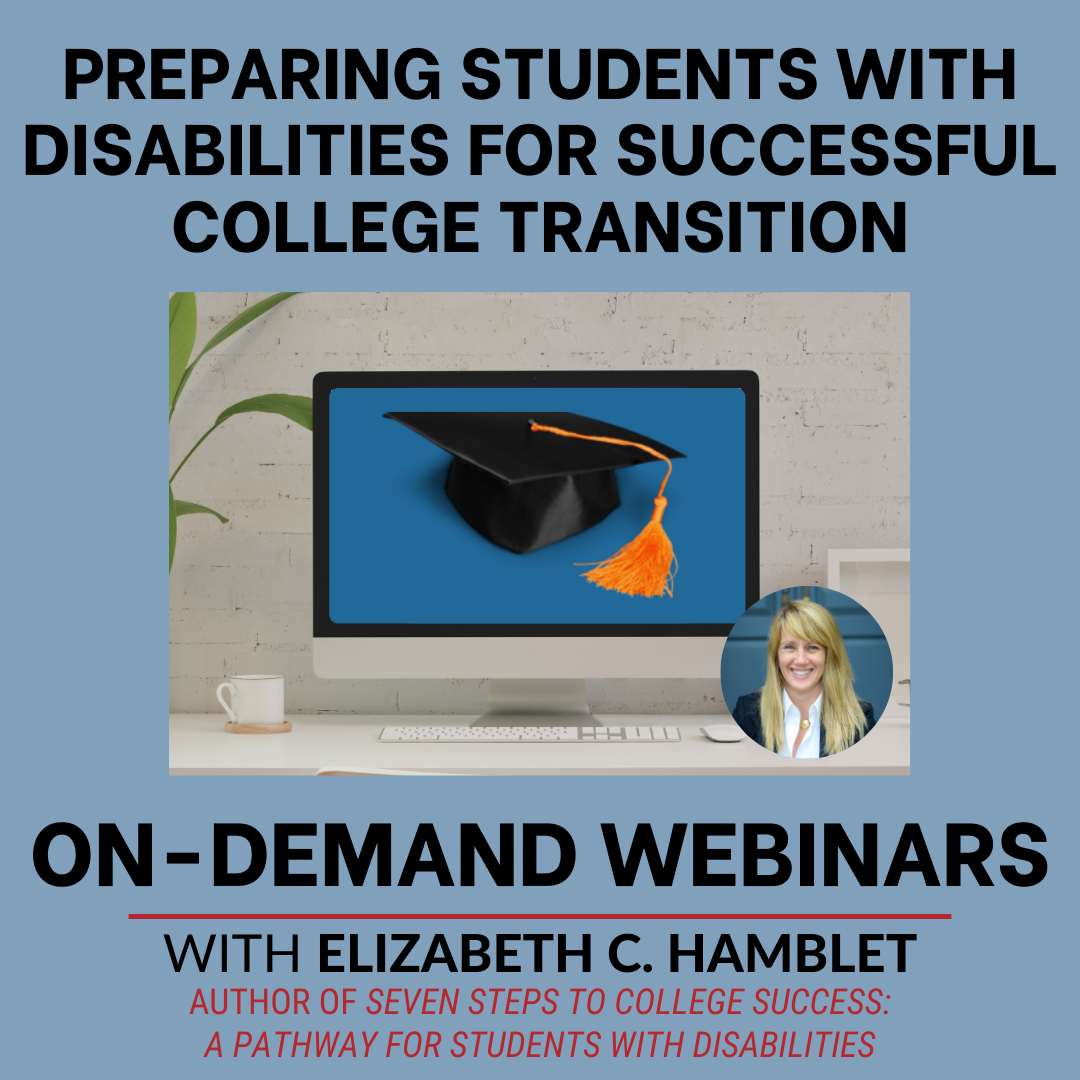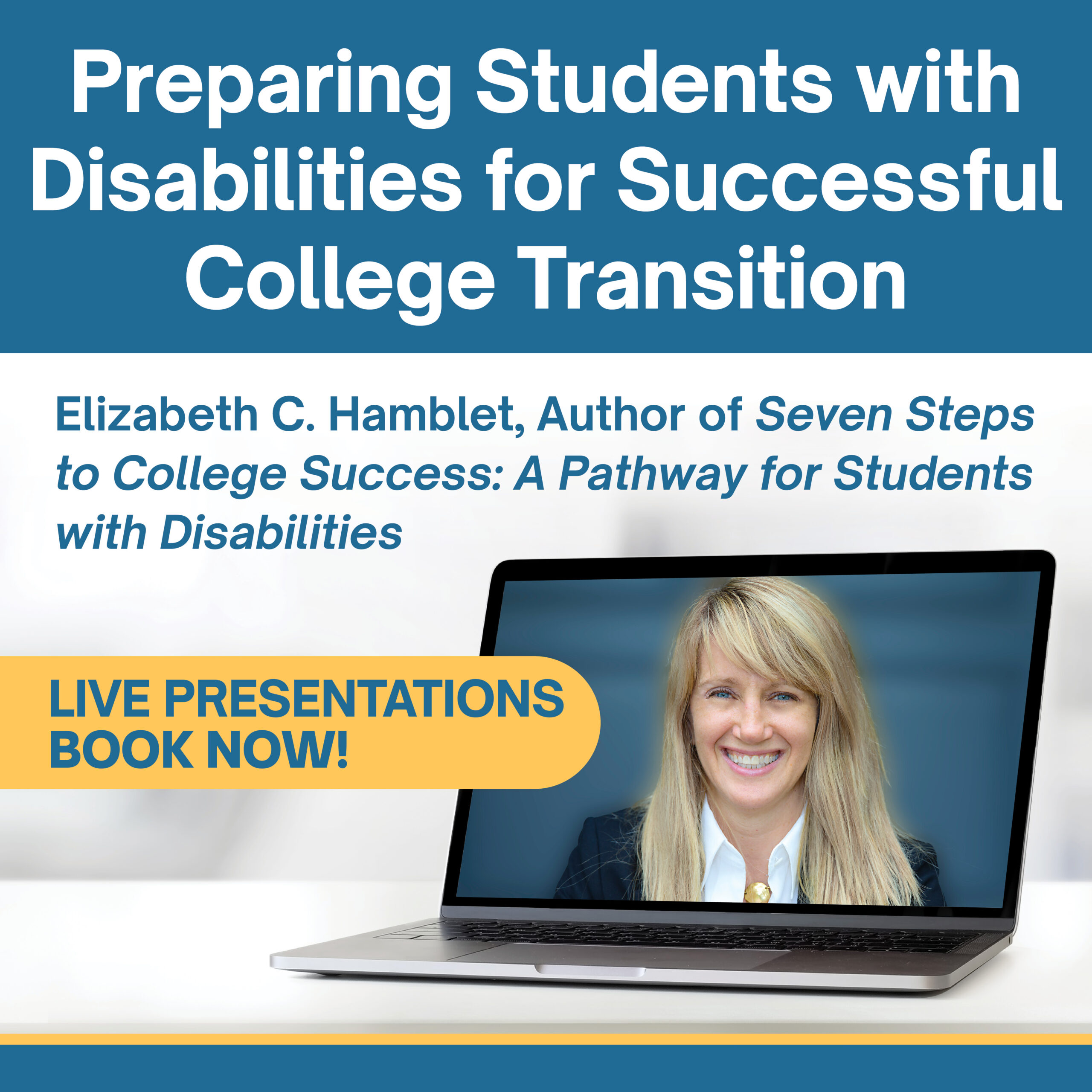Introduction
If you do an online search to find out how colleges’ foreign language (FL) or math requirements for admission apply to students with disabilities, you may come across posts saying that colleges can’t hold students with disabilities to these requirements if their disability was the reason they didn’t take the required classes. You may even see some opinions stating that rejecting students with disabilities because they didn’t take required classes is the foundation for a discrimination claim. Both of these statements are incorrect.**
The Americans with Disabilities Act (ADA) says that colleges don’t have to make accommodations if these would “fundamentally alter” any part of their programs [§12182(b)(2)(A)(ii)], which includes their admissions criteria. And Section 504, Subpart E* says that colleges can’t exclude qualified students with disabilities [104.42(a)]. The Office for Civil Rights explains what this means in their FAQs for students with disabilities transitioning to college. It says that students can’t be denied admission to a college just because they have a disability, but it says this is true if they “meet the essential requirements,” in this case meaning admissions requirements.
What the Laws Mean for Course Selection in High School
No one should exempt a high school student from FL or math without talking to the student about the potential consequences, i.e., that it can reduce the number of schools for which they eligible for admission. Students should be fully aware of how this could affect them and have the final say in whether to take these classes or not.
Check Admissions Requirements for Yourself
Don’t assume you know what any school will require – check each school’s requirements individually. There’s no official government-provided list of which schools don’t require foreign language or certain math classes to be on students’ transcripts. You may be able to find such a list online, but be sure to check the schools’ requirements on their own sites, in case the information you find is outdated.Schools May Accept Students Anyway, but Ask Questions about College Degree Completion
Even if they get into a college where they don’t meet the requirements, students may not be done thinking about those admissions requirements. Students may find that some schools will waive course requirements for the purposes of admission but may then make students take courses in the area that the student was missing in order to graduate. See Southern Oregon University’s policy.
Be Aware of Graduation Requirements Even at Colleges That Don’t Require Math or FL for Admission
Even if colleges don’t have admissions requirements for FL and math classes, they may require students to take classes in this area to graduate. They may offer substitutions for these courses, but the bar may be high to get one. See that Montana State University’s policy for math substitutions requires students to take the course with accommodations first.
Research Requirements (and Substitutions) During the College Search
In my opinion, all students (regardless of whether or not they have a disability) should research graduation requirements at the colleges to which they’re applying. They should know what they’ll be expected to do. They may find one college’s requirements more appealing than others’.
Students can ask the disability services offices (DS) whether substitutions are common, but recognize that doesn’t this doesn’t mean that they will necessarily receive one. [I recommend that students be cautious about asking Admissions staff about substitutions; they may not have an accurate sense of the school’s policy.]
Register at the Start of College and Request the Substitution
Once they enroll, it’s important that students who want a substitution register with DS and make their request immediately. The process can take time.Other Important Resources
Here’s my advice for current high school students:
College Math and Foreign Language Requirements and Learning Disabilities – What You Should Know
Here’s my advice for current college students:
Advice on Math and Foreign Language Requirements for Students with Disabilities




